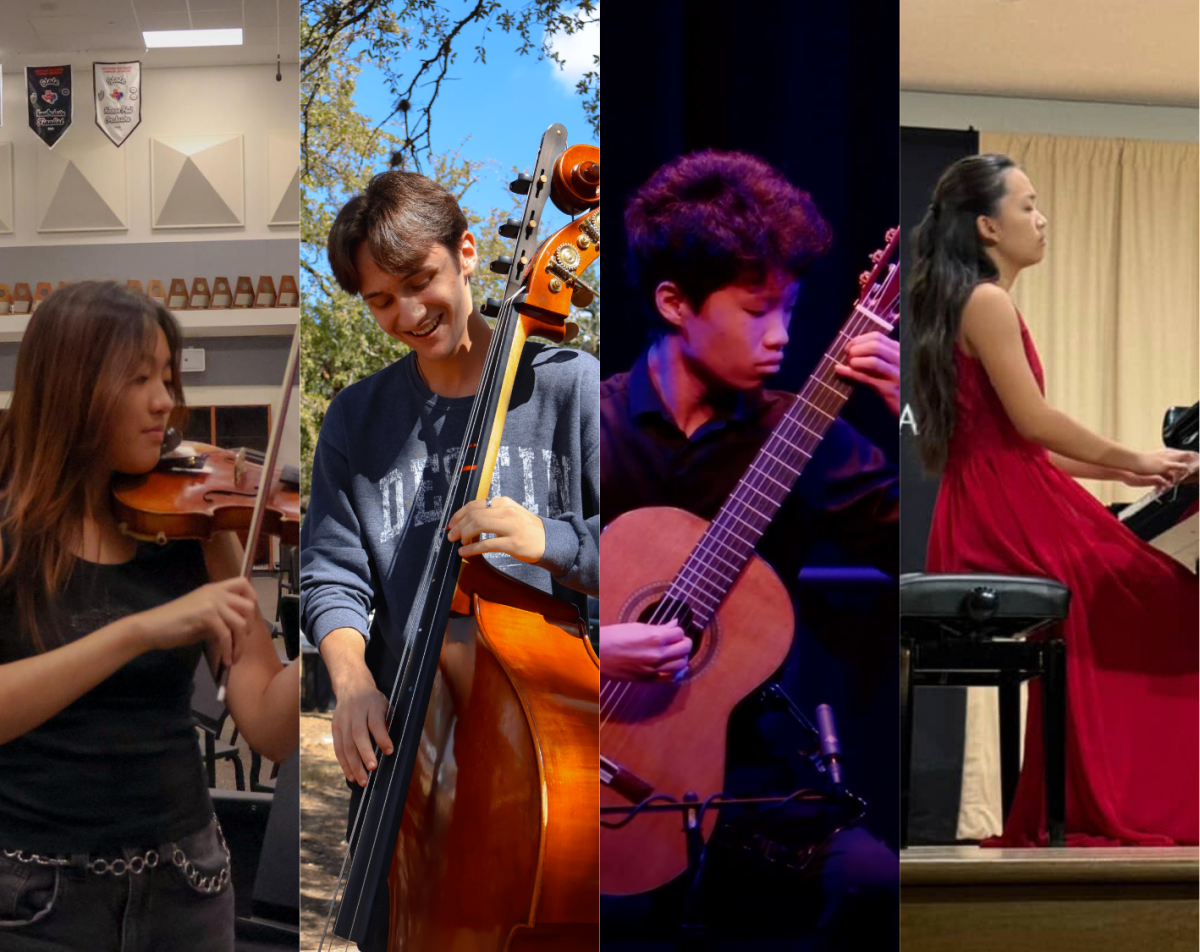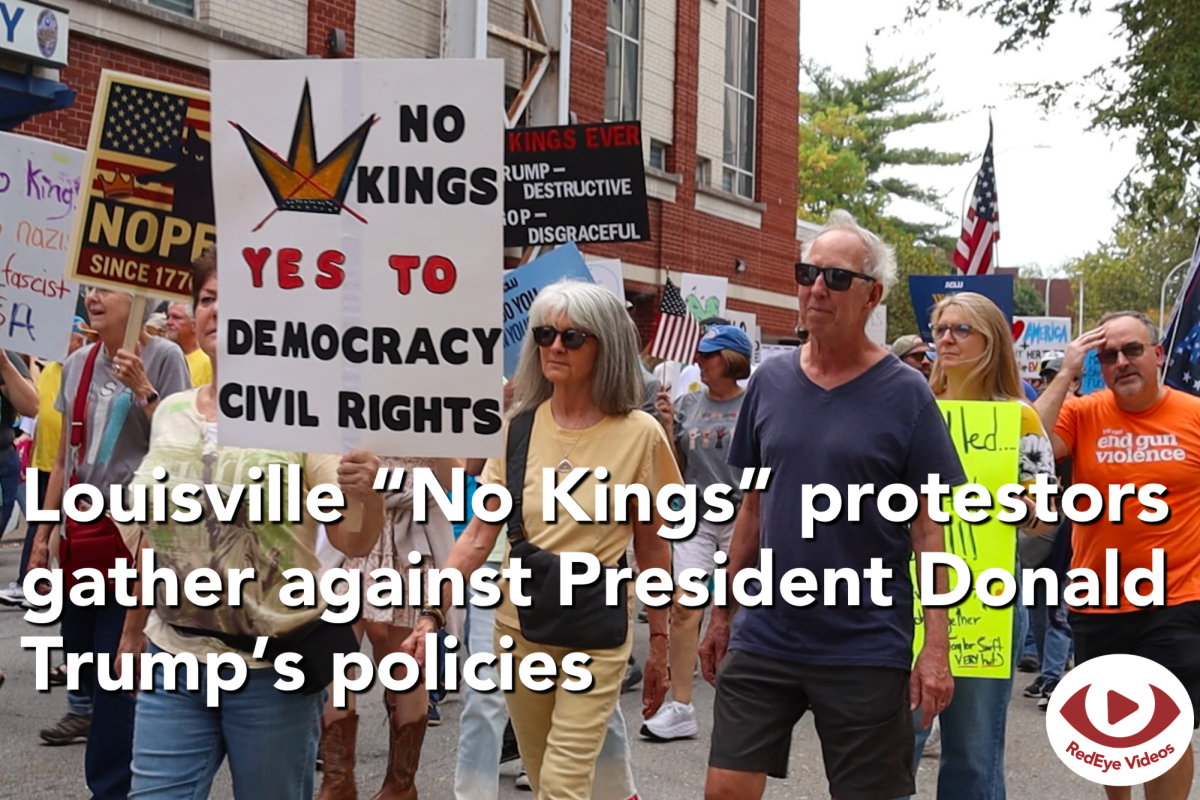The Compact for Academic Excellence in Higher Education and Vanderbilt’s quiet approach has undoubtedly been the talk of campus in recent weeks. The deadline was Oct. 20th for Vanderbilt and eight other universities to decide whether to sign the compact.
I was preparing for my last class when an email from Chancellor Daniel Diermeier rolled into my inbox: “Vanderbilt and The Compact for Academic Excellence in Higher Education.” In it, Vanderbilt failed to reject the compact outright, instead signaling a willingness to further discussions with the Trump administration. Out of the nine universities involved, only Vanderbilt and the University of Arizona chose to keep the conversation open.
The first thing that stands out in Diermeier’s decision is his emphasis on institutional neutrality.
“Institutional neutrality means that the university’s leadership will refrain from commenting on political matters unless they directly affect our core purpose of providing transformative education and conducting pathbreaking research,” Diermeier said in the email.
In a time where free speech can cause fear, the chancellor’s call for neutrality holds firm across Vanderbilt’s campus. However, it fails to acknowledge something fundamental: not just Vanderbilt’s institutional identity, but more notably the lived realities of its students and faculty.
“Our North Star has always been that academic freedom, free expression and independence are essential for universities to make their vital and singular contributions to society,” Diermeier said in the email.
For a campus that prides itself on free expression, Vanderbilt’s actions fail to stand behind it. A majority of students and faculty have urged the university to reject the compact, emphasizing that protecting free expression must remain a priority. Rather than taking a definitive stance, the university invoked Institutional neutrality to vaguely allow room for continued dialogue with the Trump administration.
According to a recent Vanderbilt Student Government survey, 84% of the 1,145 undergraduate respondents opposed the compact. If institutional neutrality truly guides the university, it should begin by abstaining from an internal decision and rather listening to its own community and employing its needs. We must defend the common interests of our students.
Further, a follow-up survey conducted by VSG asked students whether Vanderbilt should engage in conversation with the Trump administration. Of 102 student responses, 79% said no.
The chancellor has acknowledged students’ input over these political issues, writing: “Over the last two weeks, many of you—students and faculty, family members and alumni—shared your thoughts about the compact. Your input continues to be invaluable, and I am grateful to be part of such an engaged and passionate university community.”
If student input was “invaluable,” Vanderbilt would have fully rejected the compact to reflect the common interests of its student body. By pursuing further conversation with the White House, Vanderbilt contradicts the overwhelming student consensus, thus undermining its own principle of institutional neutrality.
Beyond the statistics presented, Vanderbilt students have previously stood against institutional neutrality.
“We have a duty, as prescribed by Heard, to take a public stand for our sake and the sake of this nation,” editors of The Vanderbilt Hustler said in an open letter.
This is not a new stance: your Vanderbilt community needs a stance to protect common interests.
We must protect the common interests of students and faculty.
“Vanderbilt, you cannot play both sides: You cannot tell your students and faculty that you are advocating in their best interests while publicly remaining silent,” the editors said.
In effect, Vanderbilt has made a political decision that most disagree with.
“We look forward to continuing the conversation—on our campus and with leaders in government and higher education—as we work toward our shared goal of restoring public trust in higher education and ensuring that America’s universities remain the best in the world,” Diermeier also said in the email.
What exactly is there to share? What conversation is there to continue? Most notably, the compact would cap international undergraduate student enrollment at 15%, reshape institutional structures that challenge conservative ideologies and restrict on-campus protests, all under the supervision of a conservative-led Department of Justice. Continuing this “conversation” only instills fear in our student body, signaling that their differences are not seen or valued. Yet it is precisely that diversity of identity and perspective that makes Vanderbilt exceptional.
By not rejecting the compact, Vanderbilt goes far beyond institutional neutrality. Our international students live in quiet fear, some even declining to speak to The Hustler for fear of retribution. Their concerns are not unfounded, given that Trump has rescinded 10 student visas just this year.
By not rejecting this compact, students majoring in humanities are potentially at risk of having their education reshaped. It is tough to tell what compact language truly means, but it all falls under a conservative panel. Students majoring in political science, law, history and society, sociology, legal studies and so many other politically charged majors fall into this category. If Vanderbilt is not cautious, this has the potential to reshape these majors, completely undermining its goal as an area of study and steering far away from institutional neutrality.
By not rejecting this compact, this puts multicultural organizations, student newspapers and other areas of free expression on the line. By not rejecting the compact, this article itself would spark controversy from a Department of Justice hostile to dissenting views.
Vanderbilt is not practicing institutional neutrality. True neutrality should mean empowering students and faculty to engage in political discourse, not silence it.
In National Endowment for the Arts v. Finley, the Supreme Court held that the federal government could control the allocation of funds to certain institutional groups, so long as the government does not create laws tailored to suppressing certain perspectives. This precedent protects free speech around different institutional activities, ensuring funds remain equal no matter the circumstance. If the university were to sign the compact, any form of protest, motion against conservative ideology and free speech are in danger, ultimately affecting federal funding for the university.
Not only is this unconstitutional, but it is also an unethical way of threatening large portions of students. The cost of attendance is already a great burden on some students. This compact will only jeopardize that for students. This goes beyond just the compact. It is a running attempt from the Trump administration to overstep executive power.
There are models for this balance. For example, the Massachusetts Institute of Technology employs similar free expression values as Vanderbilt.
“We cannot have a truly free community of expression if some perspectives can be heard and others cannot,” the “MIT Statement on Freedom of Expression and Academic Freedom” reads. “Learning from a diversity of viewpoints, and from the deliberation, debate, and dissent that accompany them, is an essential ingredient of academic excellence.”
MIT President Sally Kornbluth embodied that principle when she rejected the compact, stating: “The document also includes principles with which we disagree, including those that would restrict freedom of expression and our independence as an institution.”
It takes courage to stand up to an administration clearly targeting the purposes of higher education. Vanderbilt’s stance today contradicts the values it claims to defend. The people of every university should always remain the top priority of any administration. If we are going to continue using institutional neutrality, let’s use it to better serve our students and faculty.
This story was originally published on The Vanderbilt Hustler on October 22, 2025.









































